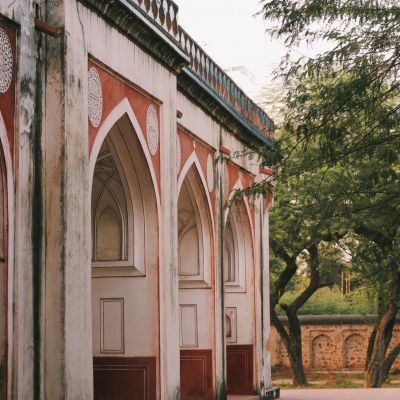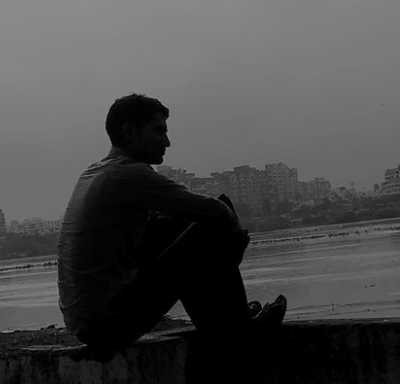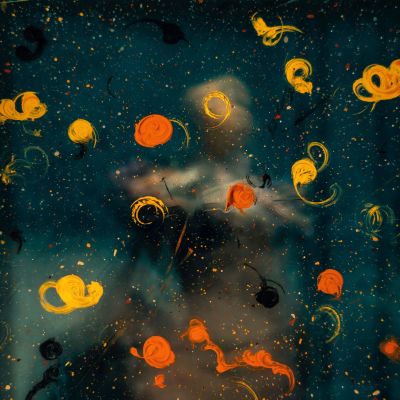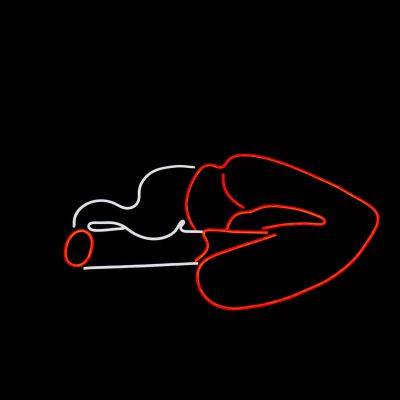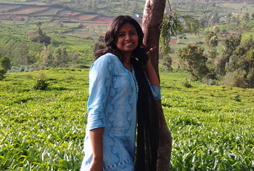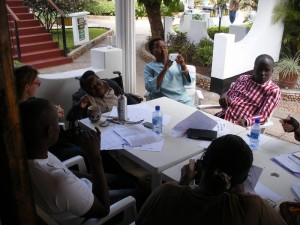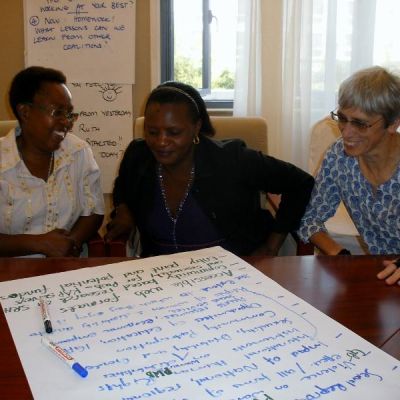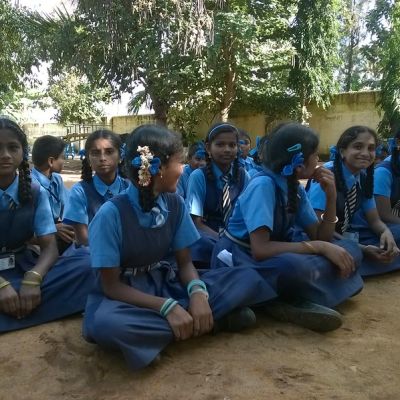Sexuality
We are two boys in our early twenties
who can read touch like that, who have broken into
a 200-year-old mansion, without permission,
to see from above where people like them go
after 377 has been read down only for those
who can stay behind closed doors — in the custody
of cheap hotels, or houses that welcome nights
with the sound of latches closing.
Every match that came my way, every person I spoke to, every time someone pointed to the word “asexual” in my bio – it was all an exercise in acceptance, compassion, and empathy. People were asking questions because they wanted to know how best to interact with me, how to respect my boundaries, how to to get over their own misgivings about ‘my kind’.
Masculinity once upon a time was just a word we studied in school, whose sole purpose was to differentiate binary gender in the society. Now masculinity is a criteria of a certain job that a person has to perceive to be called or termed as one.
Over time, I realised that ‘home’ meant not just the physical and emotional space occupied by my parents, but also a set of practices or strictures, mostly dictated by parents, related to gender roles, religion, sex, marriage, friendships and ‘appropriate’ behaviour.
As clear as I was about my sexuality, I was just as unclear about how I wanted to look and what felt good.
One morning at the programme, I found he was ignoring me. I was also busy with my assigned work so I was not able to follow up with him until the break. During the break, he came and sat next to me, came closer and suddenly kissed me on the cheek.
(Tread gently. This article contains material on sexual assault) Dear A, I don’t know why I’m writing this. Maybe it…
Paan is not only the bearer of stories but a medium through which these stories were told. And each ingredient that goes into the making of a paan has its own narrative.
I had my sexual awakening in college. Or rather, the realisation that I would never have a ‘sexual awakening’ hit…
I find that sports spaces demand that all athletes, irrespective of their gender, ‘play like men’. I was recently coaching…
The Structure of the Coalition The second day promised to be one that focused more on the structure and process…
In the first week of July, I travelled together with my partner (commonly known as ‘the DisObedient PA (DOPA)’ amongst…
As development professionals, our tasks involve reflecting on the norms that service providers, colleagues and field staff engaging with communities hold on to so strongly. How can programmes create safe spaces to match up to service providers’ professional and personal beliefs so that they can challenge those norms in their own families and be non-judgmental?
Wesley D’Souza recounts the time his school put up a production of The Pied Piper of Hamelin, his preparations for its audition, and how the process was intertwined with an exploration and acceptance of his sexuality.

